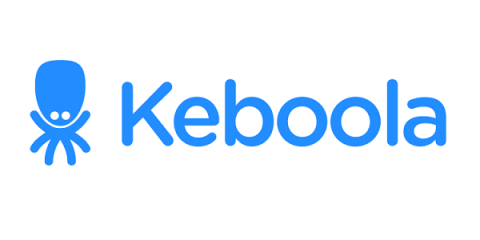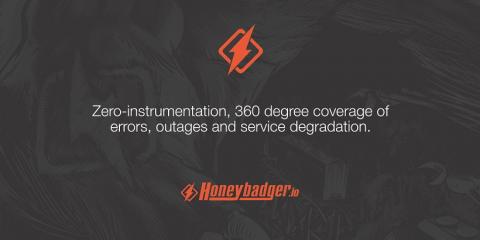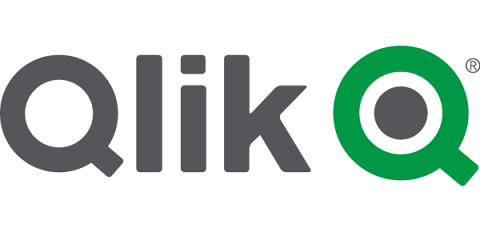How to accelerate your business growth using data analytics
Raise your hand if you’ve ever heard that “data-driven companies make more money”. McKinsey started beating that drum half a decade ago. Financial Times wrote extensively about the topic. Google even commissioned a multi-year study from Boston Consulting Group (BCG), which showed that “best-in-class digital marketers benefit from 1.4 times greater cost benefits and up to 2.5 times revenue impact” after implementing analytics to drive their business growth.











